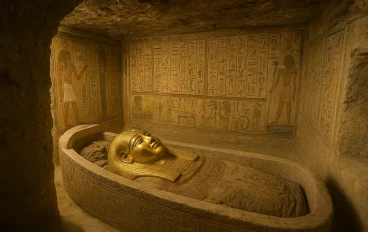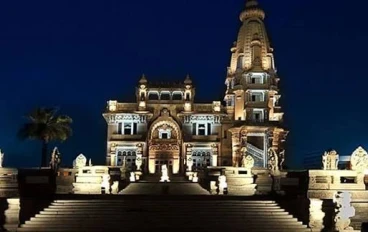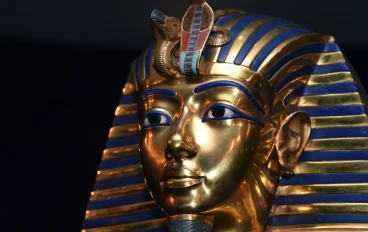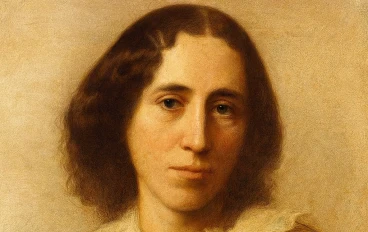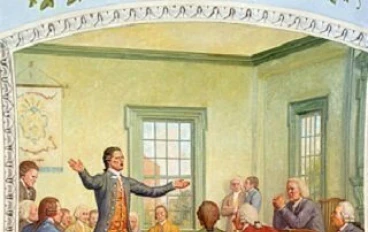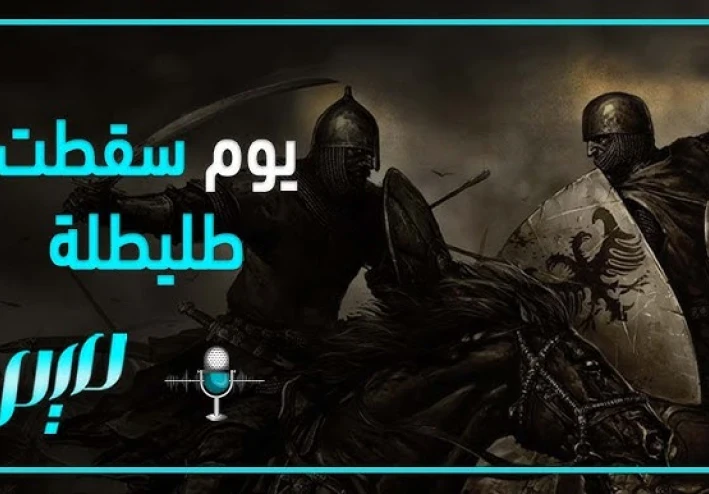
The night of the fall of Toledo
In the year 1085, the Muslims of Al-Andalus lived through one of the darkest and most pivotal moments in their history: the fall of Toledo, a city that had long stood as the shining heart of science, culture, and artistic achievement in the Iberian Peninsula. Its loss was not merely the capture of a city—it symbolized the beginning of a long and painful decline for a civilization that had once illuminated Europe with its knowledge and culture. Toledo was more than bricks and walls; it was a living testament to centuries of intellectual achievement, and its fall sent shockwaves through the entire region.
Toledo had, for generations, been regarded as the jewel of Al-Andalus. Its streets were alive with the bustle of merchants and artisans, its markets overflowing with silk, spices, and pottery from distant lands. The scent of fresh bread mixed with the aroma of incense and perfumes from across the Islamic world. Scholars from different corners of the Muslim realm gathered in Toledo’s libraries and schools, studying medicine, astronomy, mathematics, and philosophy. The city was not just a center of commerce—it was a beacon of knowledge, where ideas flowed freely, manuscripts were copied and preserved, and the pursuit of wisdom was considered the highest calling.
Yet even as Toledo flourished in all its splendor, danger gathered silently beyond its walls. The Muslim kingdoms of the Iberian Peninsula, fragmented into what were known as the Taifas, were consumed by rivalry, ambition, and civil strife. Each ruler, instead of seeking unity against external threats, focused on expanding his own territory, often at the expense of his neighbors. This infighting left the land fragmented and vulnerable, a reality that undermined even the most fortified cities. Strength in numbers and unity, which could have resisted the encroaching Christian kingdoms, was tragically absent.
By the spring of 1085, Alfonso VI, the Castilian king, approached Toledo with his army, laying siege to the mighty city. Inside the walls, fear and uncertainty rippled through the population. Mothers clutched their children, merchants hid their wealth, and scholars gazed anxiously at the horizon. Whispers filled the streets:
“Where are the armies of Al-Mu’tamid? Did he not promise to protect us?”
“Will we be abandoned to our fate, left to face the conqueror alone?”
In the midst of this anxiety, the city’s judge, Ibn al-Faraj, addressed the people with words meant to inspire courage:
“The land we do not defend with our blood, we shall lose with our own hands.”
Despite such exhortations, the reality was grim. The reinforcements never came. Internal divisions, rivalries, and mistrust had hollowed out the defenses of Al-Andalus. And on a somber morning, the gates of Toledo were opened—not through a violent breach, but through surrender. The city fell without the clash of swords that history might have expected.
Alfonso entered to the tolling of church bells, and a quiet fear spread among the scholars who bent over their manuscripts. Memories of other cities consumed by fire and pillage haunted them. Yet Alfonso, in a moment that history remembers with awe, issued a remarkable command:
“Do not harm their books... for knowledge has no religion.”
Thus, Toledo’s libraries and schools were spared. The priceless manuscripts, containing centuries of scientific, philosophical, and literary knowledge, remained intact. Over the coming decades, these treasures became a bridge through which the wisdom of Muslim scholars flowed into Christian Europe. From Toledo’s manuscripts, translations into Latin carried knowledge of mathematics, astronomy, medicine, and philosophy that would eventually help ignite the European Renaissance, transforming the continent in ways that resonated for centuries.
The fall of Toledo is more than a historical event; it is a timeless lesson. It teaches that internal division weakens nations, no matter how strong they appear. It reminds us that the wealth of a civilization is not measured by its walls or palaces, but by its knowledge, its culture, and its intellectual legacy. Cities may fall, empires may crumble, but the light of wisdom, once kindled, can illuminate far beyond the boundaries of any kingdom.
Toledo was lost to the sword, but its story endures. It is a reminder that civilizations do not fall in a single night—they erode from within, slowly and painfully, through discord, ambition, and shortsightedness. And in the end, what survives is not the grandeur of the city or the opulence of its rulers, but the enduring legacy of knowledge and culture, preserved through books, ideas, and the minds of those who value wisdom above all.























